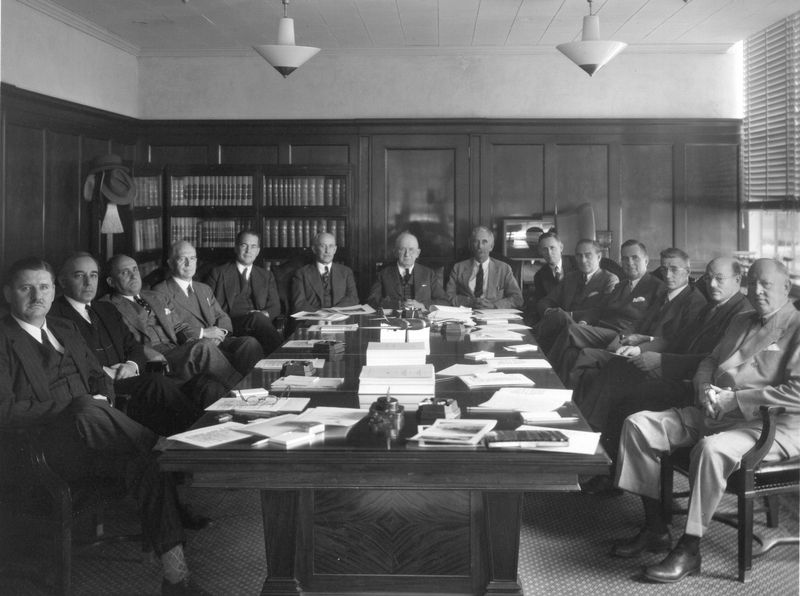
This is part of my Series on Venture Capital.
Let’s start
by dispelling some myths about raising capital.
Myth #1: That because you've started a
company, someone ought to fund it.
Fact: Actually, no one owes you
anything. VC’s are in business to make money, not to take a bunch of fliers.
I am
consistently amazed at how often I hear people complaining about how “vc’s don’t
want to take any risks”. Of course they
don’t ! They want to de-risk deals as much as possible. Venture capitalists are
already in the highest risk class of the alternative investments category. Definitely keep this in mind when you are pitching
your company to investors. Remember, fewer than 1% of start-ups actually
receive venture funding.
Myth #2: That
a first-time entrepreneur can raise Venture Capital money.
Fact:
Of the less than 1% of start-ups that actually receive venture backing
each year, you can be assured that with few exceptions the leadership/track
records of those companies are well-spoken for in the venture community.
If you are a
first-time entrepreneur, 99.9% of the time you will be looking at funding your
company with your own money, friends and family money, or, with angel money.
Myth #3: That
investors will actually read your business plan
Fact: Investors
do not read business plans. If they did, they wouldn’t be able to get any work
done.
The way
deals get done are through referrals to investors from trusted colleagues. A
one-page executive summary is an acceptable way to initially share one’s company
profile with an investor. So never
bother sending your 50+ page business plan
to someone unless they’ve asked for it. If you don’t believe me, see
these links below from actual studies that have been carried out.
http://bit.ly/O4kO4 http://bit.ly/Cj92J
Myth #4: That a first-timer can raise
money without serious proof-of-concept.
Fact: Unless you are Marc Andreesen
or an uber-successful, cashed-out entrepreneur who has made his investors a lot
of money, you will need to demonstrate a certain amount of traction before professional
investors will even consider
investing in you.
What I mean
by this is as follows:
·
If
you are a biotech entrepreneur, you will need to show at least strong results
in animal studies.
·
If
you are a medical device entrepreneur, you will need to show a working
prototype, validation and support from multiple clinicians who would use such a
product, as well as a clear path through FDA approval.
·
If
you are a tech entrepreneur, you will need to show heavy traffic and consistent
month on month growth to your site.
Myth #5: That because you have spoken to
a venture capitalist about your company you are “in talks with investors”.
Fact: What this simply means is that
you met someone that may or may not be interested in your start-up.
Spare
yourself a lot of heart-ache and lower your expectations. If you’ve had a
conversation or pitched someone who happens to be an investor, don’t get your
hopes up until they are actually ‘in diligence’ and you have a term sheet.


![Reblog this post [with Zemanta]](http://img.zemanta.com/reblog_e.png?x-id=21b60f0b-3054-4f5f-9840-5283d1265196)

![Reblog this post [with Zemanta]](http://img.zemanta.com/reblog_e.png?x-id=c73e7729-f742-41de-ae53-2793ca169988)
![Reblog this post [with Zemanta]](http://img.zemanta.com/reblog_e.png?x-id=128cb0f9-5618-46e5-a05a-dd0d36c873ed)
![Reblog this post [with Zemanta]](http://img.zemanta.com/reblog_e.png?x-id=47f10be9-ab95-469e-a28c-05597c2ce313)


![Reblog this post [with Zemanta]](http://img.zemanta.com/reblog_e.png?x-id=f3998b9c-2696-4d97-a595-02b0b916a315)
![Reblog this post [with Zemanta]](http://img.zemanta.com/reblog_e.png?x-id=298e780d-d114-4670-a3ac-9f93bce8092e)

![Reblog this post [with Zemanta]](http://img.zemanta.com/reblog_e.png?x-id=2619fe9d-863c-463a-866a-81357651f3d9)

![Reblog this post [with Zemanta]](http://img.zemanta.com/reblog_e.png?x-id=557adb7b-d883-45d9-b643-ce616f566dbe)